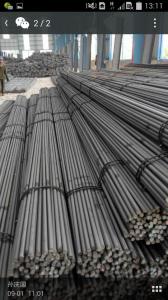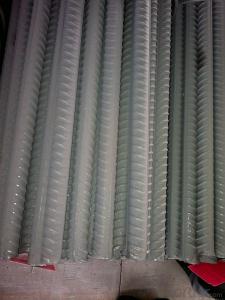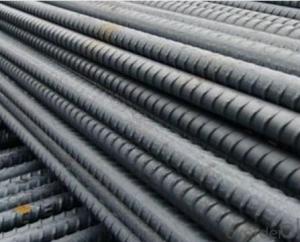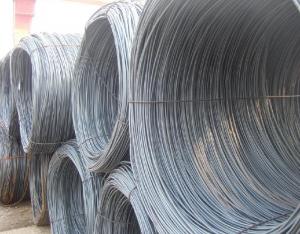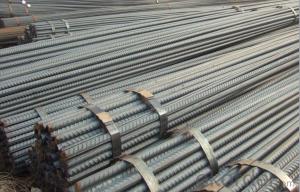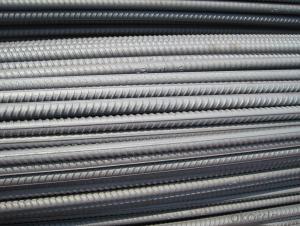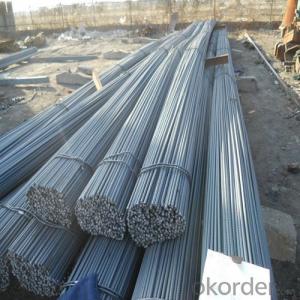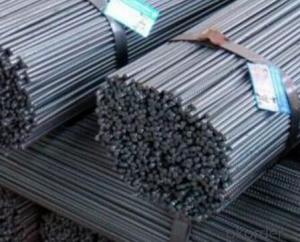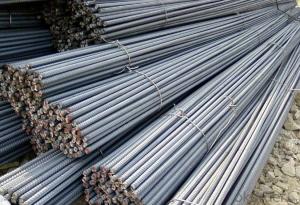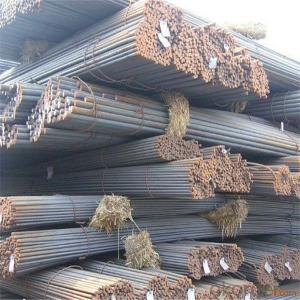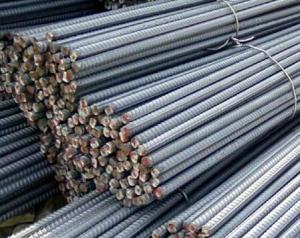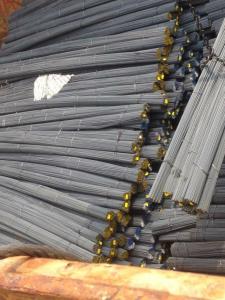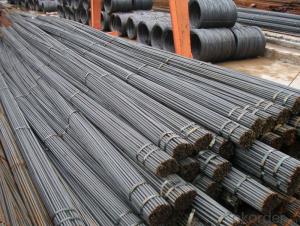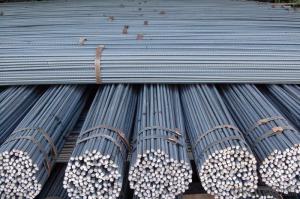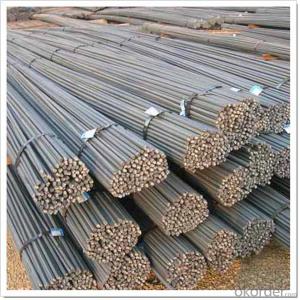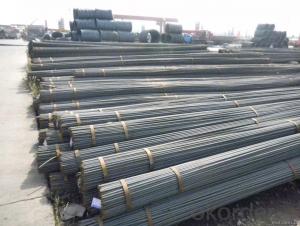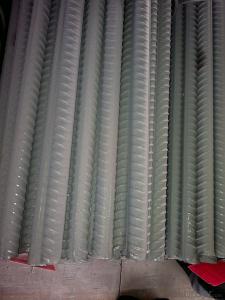All Categories
- - Steel Wire Rod
- - Steel Coils
- - Steel Profiles
- - Steel Pipes
- - Stainless Steel
- - Tinplate
- - Special Steel
- - Steel Sheets
- - Steel Rebars
- - Steel Strips
- - Hot Rolled Steel
- - Cold Rolled Steel
- - Pre-painted Steel
- - Seamless Steel Pipe
- - Welded Steel Pipe
- - Hollow Steel Tubes
- - Galvanized Pipe
- - Stainless Steel Coil
- - Stainless Steel Sheet
- - Stainless Steel Plate
- - Stainless Steel Strips
- - Electrolytic Tinplate Coil
- - Electrolytic Tinplate Sheet
- - Stainless Steel Rebars
- - Solar Panels
- - Solar Water Heater
- - Solar Related Products
- - Solar Inverter
- - Solar Cells
- - Solar Light
- - Solar Energy Systems
- - Solar Controllers
- - Solar Mounting System
- - Solar Pump
- - Solar Chargers
- - Fiberglass Chopped Strand
- - Fiberglass Mesh Cloth
- - Composite Pipes
- - FRP Pultrusion Profiles
- - Fiberglass Mat Tissue
- - Fiberglass Fabrics
- - Fiberglass Mesh
- - Composite Tank
- - Fiberglass Mesh tape
- - Polymer
- - FRP Roofing Panel
- - Fiberglass Roving
- - Monolithic Refractories
- - Ceramic Fiber Products
- - Refractory Bricks
- - Raw Materials For Refractory
- - Suspended Platform
- - Cranes
- - Concrete Machinery
- - Earthmoving Machinery
- - Building Hoist
- - Road Building Machinery
- - Plastic Pipe Fittings
- - Plastic Tubes
- - Plastic Sheets
- - Agricultural Plastic Products
- - Plastic Nets
 All Categories
All Categories
Q & A
What is the role of tie wire and wire mesh in securing steel rebars in concrete forms?
The role of tie wire and wire mesh in securing steel rebars in concrete forms is to provide additional reinforcement and stability to the rebar structure. Tie wire is used to securely fasten the rebars together, preventing them from shifting or moving during the concrete pouring and curing process. Wire mesh, on the other hand, is placed horizontally or vertically to create a grid-like pattern that helps distribute the load and enhances the overall strength and durability of the concrete structure.
How are steel rebars protected from corrosion?
Steel rebars are protected from corrosion through various methods such as applying protective coatings, using corrosion inhibitors, and utilizing cathodic protection techniques. These measures help to prevent the steel rebars from coming into contact with moisture or corrosive substances, thereby preserving their structural integrity and lifespan.
How do you address issues related to steel rebar placement in regions with high humidity and rainfall?
In regions with high humidity and rainfall, addressing issues related to steel rebar placement requires careful planning and implementation. One crucial step is to ensure proper corrosion protection for the rebar. This can be achieved by using high-quality corrosion-resistant coatings, such as epoxy or zinc, on the rebar. Additionally, proper concrete cover thickness and adequate concrete consolidation are essential to prevent moisture penetration and reduce the risk of corrosion. Regular inspection and maintenance are also important to identify any potential issues early on and take corrective actions promptly.
What are the standards and codes governing the use of steel rebars in construction?
The standards and codes governing the use of steel rebars in construction primarily include the American Society for Testing and Materials (ASTM) standards, specifically ASTM A615 and ASTM A706. These standards establish the requirements for the physical and mechanical properties of steel rebars, such as the minimum yield strength, tensile strength, and elongation. Additionally, building codes, such as the International Building Code (IBC) in the United States, provide guidelines for the proper installation, placement, and spacing of steel rebars in concrete structures to ensure their structural integrity and safety.
Wholesale Steel Rebars from supplier in Zambia
We guarantee that our Steel Rebars will meet the highest standards of quality and durability. Whether you are working on a small residential project or a large-scale commercial development, we have the right Steel Rebars to suit your needs.
Our team of experienced professionals is always available to provide you with expert advice and technical support. We understand the unique challenges of the construction industry in Zambia and can help you find the best solutions for your specific project requirements.
When you choose us as your supplier, you can expect competitive prices, timely deliveries, and excellent after-sales service. We prioritize customer satisfaction and strive to exceed your expectations at every step of the way.
Contact us today to discuss your Steel Rebars needs in Zambia. We look forward to partnering with you and contributing to the success of your projects.
Our team of experienced professionals is always available to provide you with expert advice and technical support. We understand the unique challenges of the construction industry in Zambia and can help you find the best solutions for your specific project requirements.
When you choose us as your supplier, you can expect competitive prices, timely deliveries, and excellent after-sales service. We prioritize customer satisfaction and strive to exceed your expectations at every step of the way.
Contact us today to discuss your Steel Rebars needs in Zambia. We look forward to partnering with you and contributing to the success of your projects.
